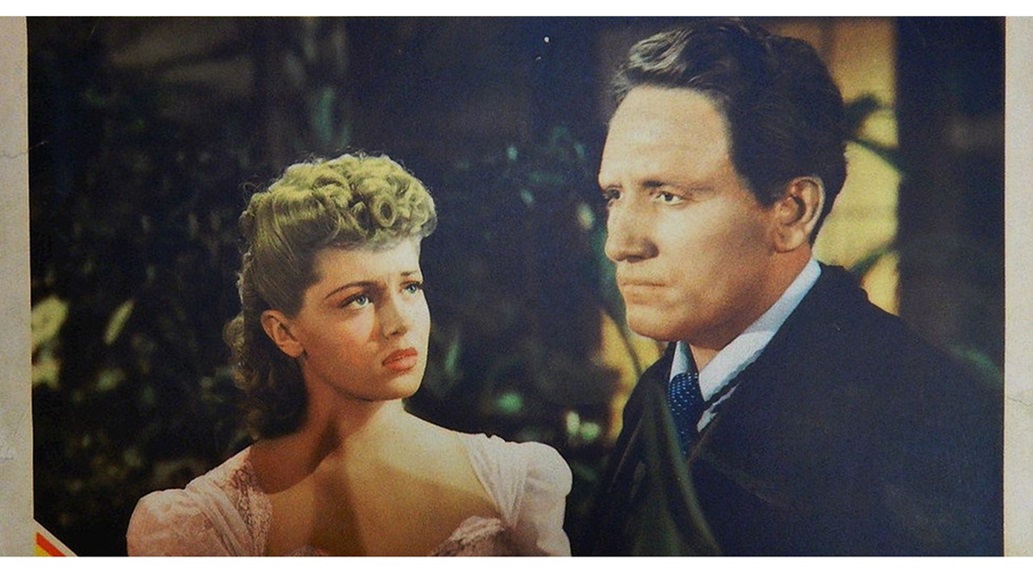.
The Mask
Sin wears a Cherub’s mask
And beams forth paradise.
“Come in, recline, and bask.”
Discerning eyes looks twice:
The gate shuts like a vice.
.
.
The Strange Case Of Homo Sapiens
At my right hand, my fountain pen
Waits on the desk by me.
A loaded gun hides in the den.
I squeeze the honey for tea.
Two wingèd steeds, with reins we steer:
One is a stubborn horse;
The other mount is nobly clear—
Yet each strives on their course.
A drug turned Jekyll into Hyde
And yes, drugs can do that.
But I vie with my shady side,
As dark as a black cat.
What’s at the core of human hearts?
What force beneath the psyche?
One time we soothe, then next throw darts.
What balance are we striking?
I know I am a paradox.
A bridle and bit I need.
I trail like sheep; slink like a fox.
Lord, take the reins, I plead.
.
.
Peter Venable has been writing poetry for 50 years. He has been published in Windhover, Third Wednesday, Time of Singing, The Merton Seasonal, American Vendantist, The Anglican Theological Review, and others. He is a member of the Winston Salem Writers. On the whimsical side, he has been published in Bluepepper, Parody, Laughing Dog, The Asses of Parnassus, and Lighten Up Online (e. g. # 48)















These two morality-based poems are well written and meaningful, first, about how sin comes to us with a smile and ingratiang methods with results unforeseen by we humans and secondly our own foibles that we can only resolve with prayer and divine discernment.
More than a hint of Louis MacNeice!
“Video meliora proboque, deteriora sequor.” (I see what is better, and approve of it — yet I follow what is worse).
That seems to be the tragedy of Homo Sapiens. Call it our depraved nature, call it original sin, call it our ingrained cussedness.
In the first poem, the word for a clamping tool is usually spelled “vise,” though it is basically the same sound as “vice,” referring to a behavioral fault. In U.K. usage, I believe the single spelling “vice” is used for both words.